Social Media's Role in Reshaping Online Shopping, According to Retailers
Social buying. Everyone and their mama is doing it — or maybe it‘s just me and my family. I’m consistently tagged in posts (thank you, cousin) about adorable gifts, must-have outfits, and the like.
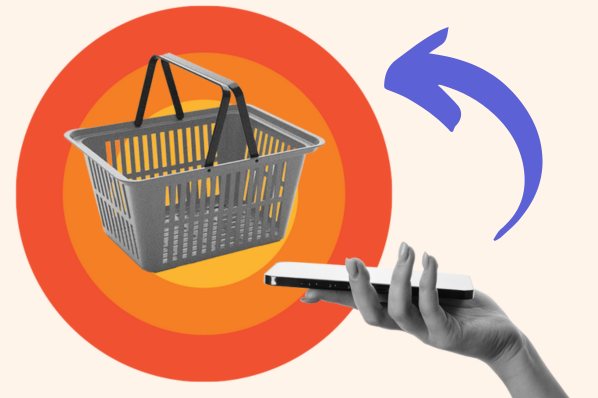
Social buying. Everyone and their mama is doing it — or maybe it‘s just me and my family. I’m consistently tagged in posts (thank you, cousin) about adorable gifts, must-have outfits, and the like.
Now, I’m a content marketer who knows when I’m being sold to, but even I get lured by social posts with irresistible products. And I know I’m not alone — as of 2024, over 110 million Americans (roughly 42% of internet users) are fellow social buyers.
So, if you’re a brand selling products to consumers and you’re not already using social selling, 2024 is a superb year to start.
Not convinced?
Let’s explore the social commerce landscape, best practices, and fun examples of brands already seeing success. Plus, I’ll share insights from experts I talked to about the future (and present-day) of social commerce.
Social Media and Online Shopping — Today's Landscape
7 Social Media Online Shopping Trends
Tips for Making the Most of Your Social Media
Social Media and Online Shopping — Today's Landscape
Salespeople. Marketers. Brands. They’re all jumping aboard the social selling bandwagon for good reason. Global social commerce sales could reach an astounding $2.9 trillion by 2026.
I know it’s a staggering number, but forecasts aren’t always enough to convince the gatekeepers of our selling and marketing budgets, are they?
So, let’s look at some facts and numbers straight from the horse’s mouth (buyers and brands):
- Salespeople reveal, “Our highest quality leads come from social media, so we’ll prioritize this channel.”
- Consumers say, “36% of us use social media to find new products, plus 28% of us Gen Z and Millennials purchased directly from social media apps within the past three months.”
- 80% of social media marketers agree that “consumers are buying our products directly from social apps more than they purchase from our brand websites or third-party resellers.”
- 87% percent of brands confirmed that “social selling has been effective for their business.”
- Instagram says that “71% of Gen Z are likely to buy directly from [Instagram] compared to 68% for YouTube and TikTok.”
And if that’s not enough to convince you, check out this chart illustrating how well sales improved year over year for brands using social selling.

In a nutshell, social media commerce is on the rise, widely accepted by young consumers, and drives sales for brands.
7 Social Media Online Shopping Trends
What’s the secret behind the success and rapid growth of social media selling? Well, there isn’t one. Like any other marketing channel, you must monitor competitors and test different strategies.
But to give you a leg up, I gathered the top trends I’m seeing based on responses from experts and my own research.
1. Seamless In-App Shopping Experiences
As I noted above, consumers are buying from brands directly on social media platforms, so it makes sense to build a seamless in-app shopping experience for your customers.
No one wants to jump through hoops to make a purchase they thought would take only a few seconds.
But since you don’t have control over the development of these apps, or how well they’ll work for your customers, be sure to choose platforms already two steps ahead.
For example, I see social networks like Facebook, Instagram, and TikTok enhancing in-app shopping. Facebook has a marketplace and shops you can use to build your digital storefront.
(In our recent study, we found this feature to be highly important to 36% of marketers.)
Instagram also has shopping features that could be used by over 46 million American social buyers in 2024. Both Facebook and Instagram allow users to checkout directly on the platform.
TikTok Shop is also available, but has been slow to gain traction in the U.S. In the summer of 2023, it generated $3 million to $4 million daily.
If you decide to use the platform, know that users can shop from multiple brands at once and add products to a single shopping cart.
But don’t rely on platforms to deliver seamless social media shopping experiences. I recommend taking it further by creating shoppable social posts. You can also use Likeshop.me to tie your shop to your social posts.
World Market wins with shoppable Instagram posts.
Like all the decor you see in a photo-rific post on Instagram? You can buy everything in one sitting. Below is an example of a highly shoppable post from World Market created using Likeshop.me.

This shopping feature turns your Instagram posts and TikToks into mini-shops where you can tag and add products for shoppers to explore (and more importantly, purchase).
Gift Delivery also saw great success using shoppable videos.
“By integrating direct purchase links into our video content, we've made it seamless for customers to buy products as soon as they see them featured,” shares Billy Parker, Gift Delivery’s managing director.
Parker continues that preliminary campaigns with this feature yielded “a 20% uptick in sales attributed to shoppable video content alone.”
Parker also notes that “the success of these campaigns lies in their ability to not only showcase products in action but also in the convenience they offer, significantly shortening the customer journey from discovery to purchase.”
Are you wondering which platforms you should focus on?
The top social networks offering the highest ROI (according to 1,000+ social media marketers) include:
- Instagram (33%).
- Facebook (25%).
- YouTube (18%).
- TikTok (12%).
- X/Twitter (6%).
2. Short-Form Product Videos to Drive Engagement and Sales
Product demos, teasers, and similar videos are a money-maker on social media for 66% of video marketers. The beauty of this trend is that it’s short and sweet, and allows you to toot your own horn.
According to 36% of video marketers, three minutes or less is all you need. Done right, 40% of video marketers state that videos help customers understand your product better.
But how do you create engaging videos that feature your product without it coming off as an ad?
One option is to get an influencer involved. Tying social proof into the video makes it less sales-y — even more so if you partner with a small, trusted content creator (more on that later).
Examples of short video content you can create include:
- Behind the scenes (BTS). Show you’re human and relatable.
- Product teasers. Showcase a new feature or product.
- How-tos. Share a quick tip to improve a process using your product.
- User-generated content (UGC). Demonstrate how others are using your product.
- Highlight reels & montage. Show the multiple benefits of your product in action.
- Customer reviews. Leverage customer success stories as social proof.
- FAQs. Answer questions about your product.
- Influencer collabs. Partner with an influencer to feature your product in their content naturally.
You get the idea. So what does short video content look like in the real world? Let’s take a look.
Irresistible Me lets its hair down on TikTok.
Irresistible Me is a beauty company specializing in hair extensions and wigs.
“TikTok is where we let our hair down — literally! It’s all about fun, quick, engaging content,” says Irresistible Me’s Marketer Kate Ross. “We jump on trends, create challenges, and use TikTok shopping features to link back to our products. It’s like the energetic party everyone wants to be at.”
Here’s an example of a TikTok using user-generated content, or should I say influencer-generated content, with Audrey Boos.












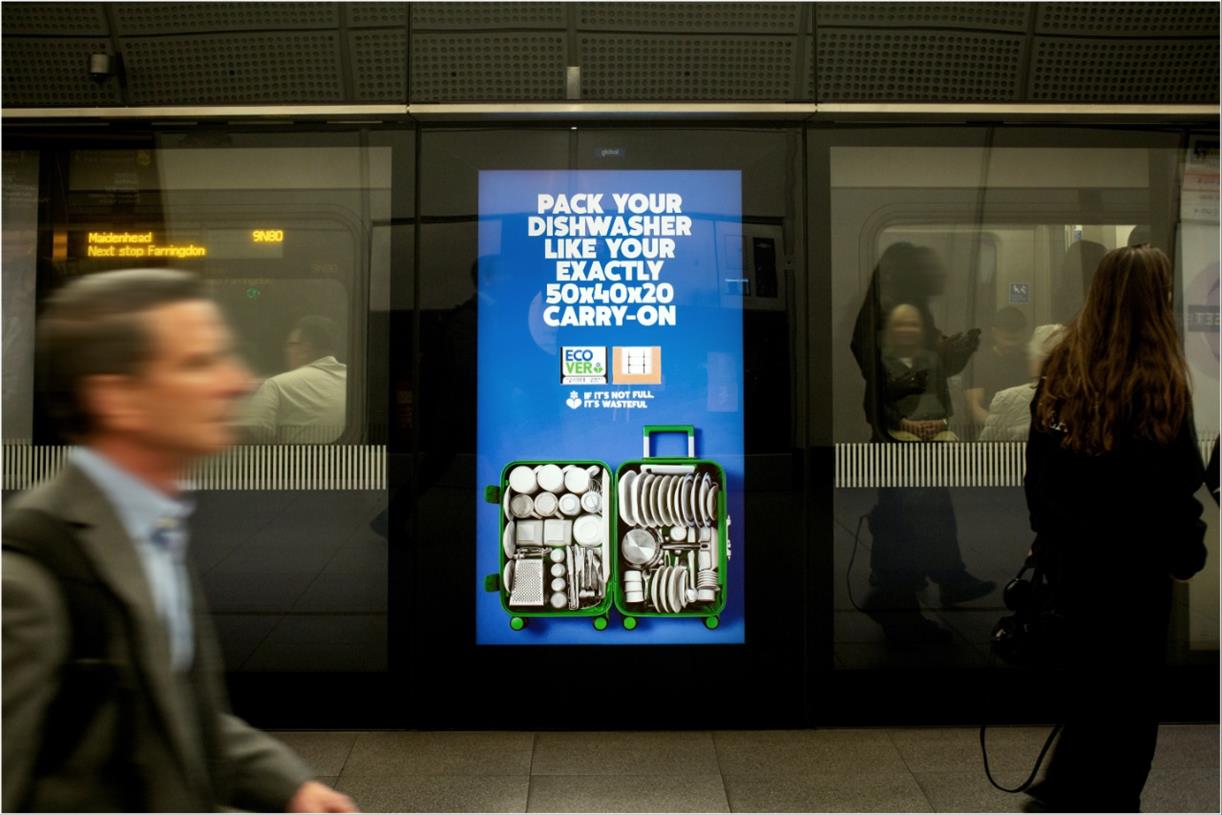

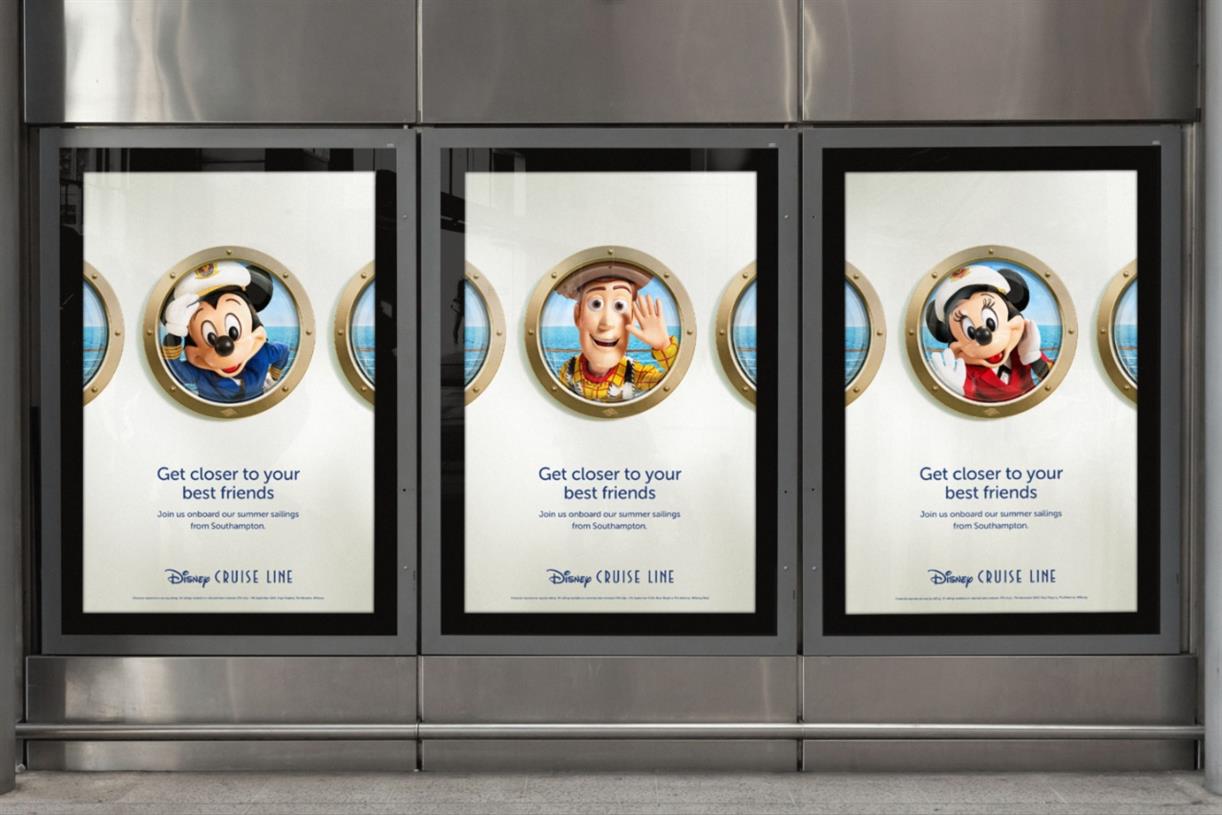





















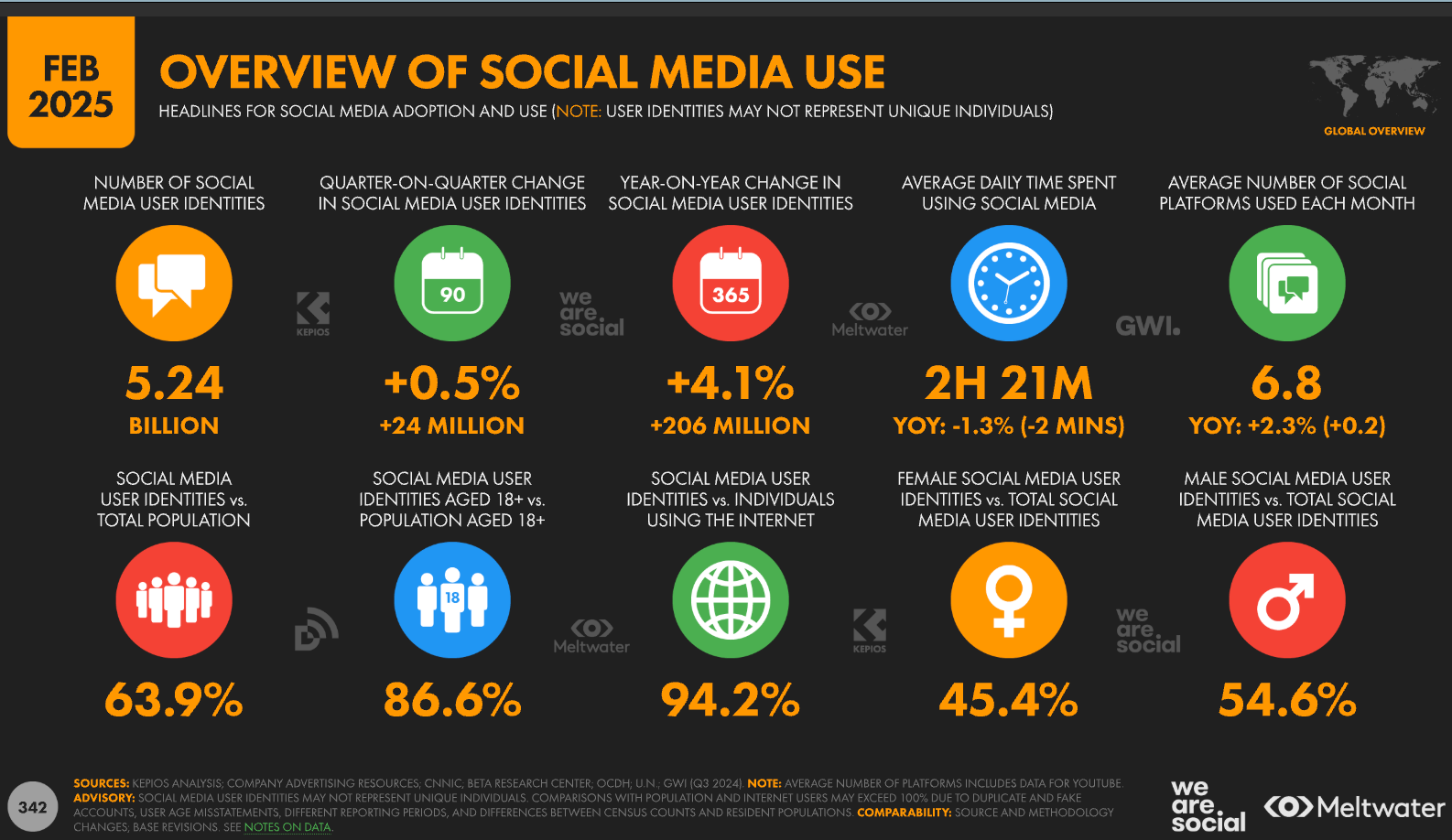
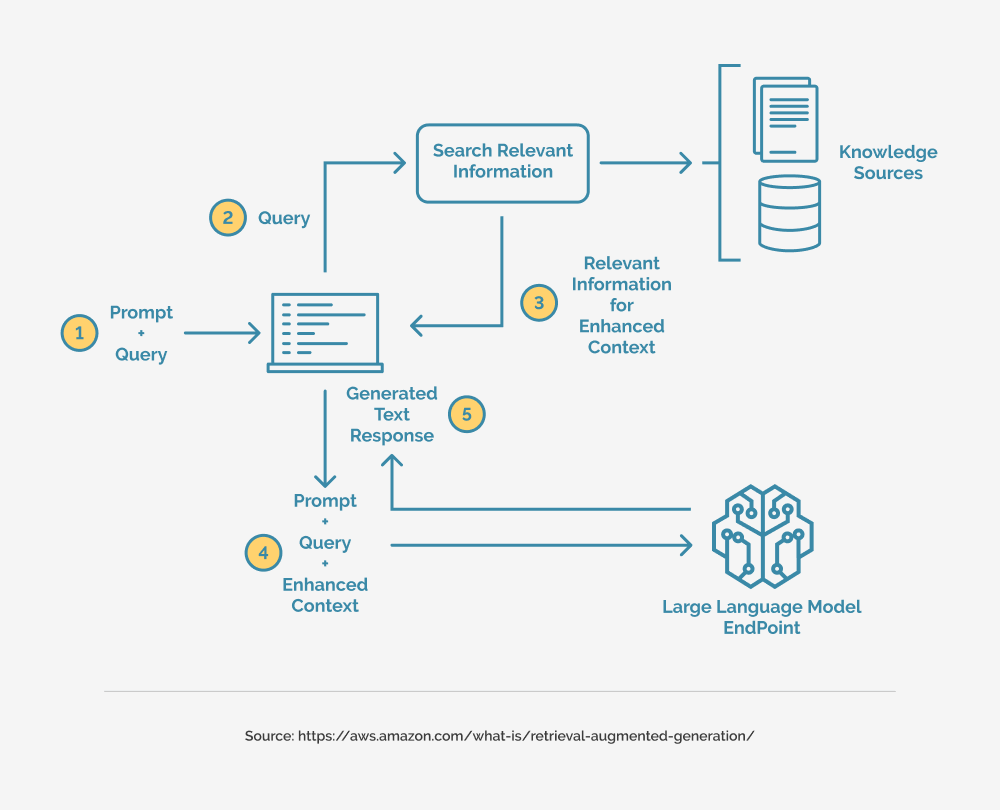
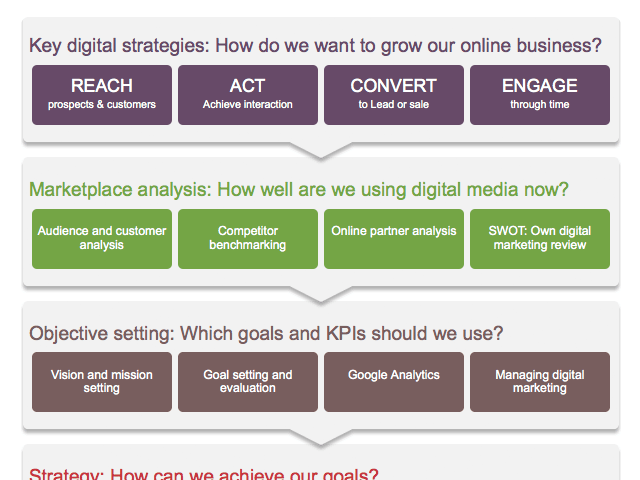
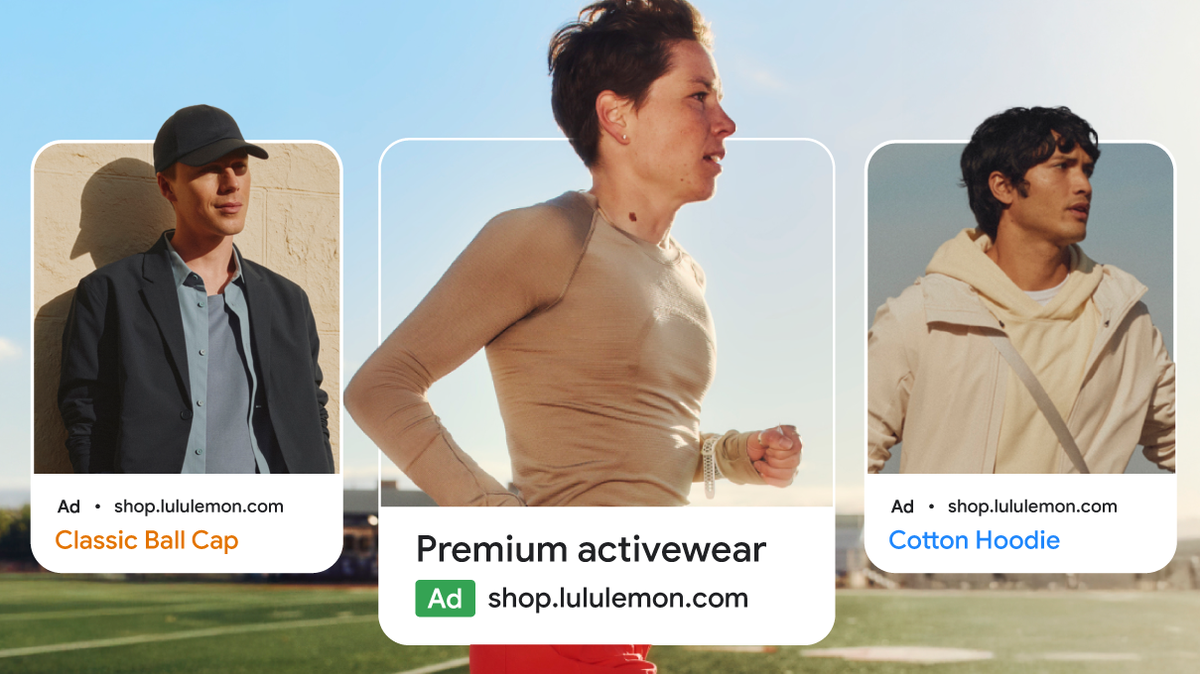
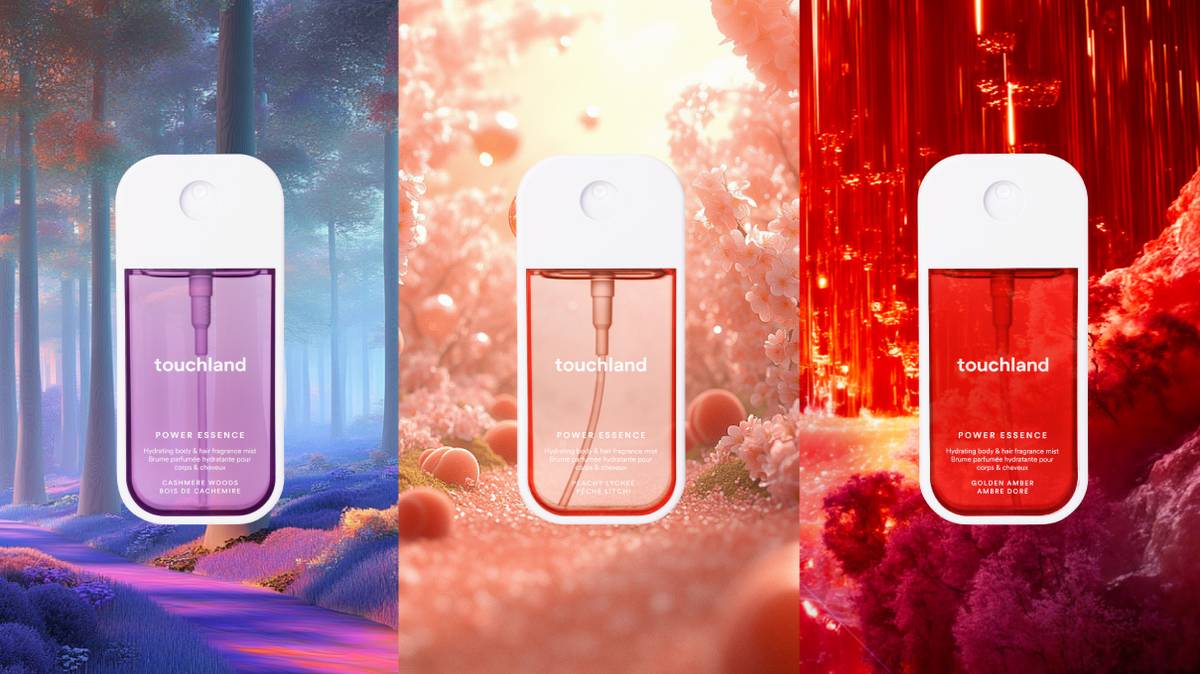










![The 11 Best Landing Page Builder Software Tools [2025]](https://www.growthmarketingpro.com/wp-content/uploads/2024/04/best-landing-page-software-hero-image-1024x618.png?#)

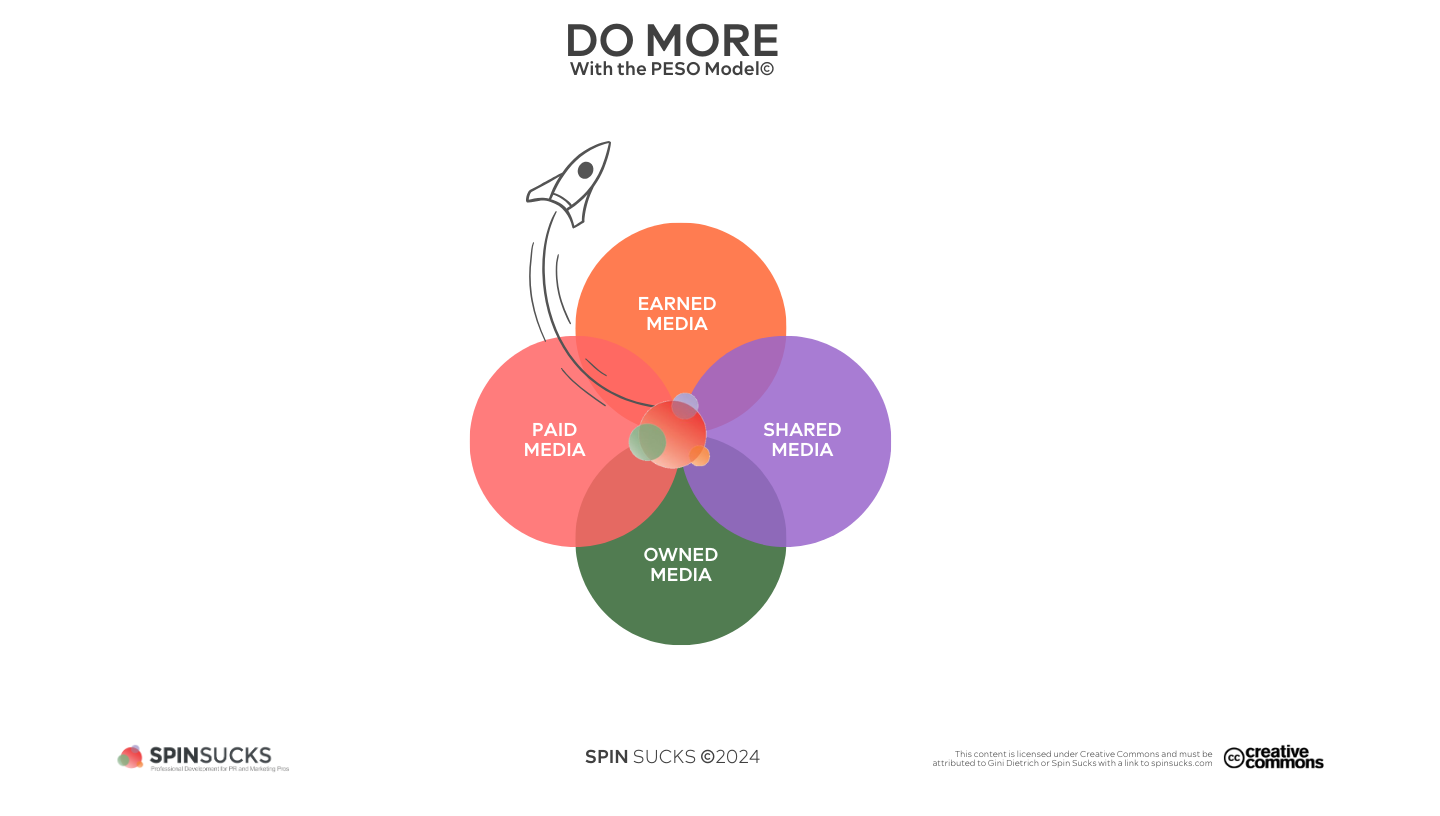










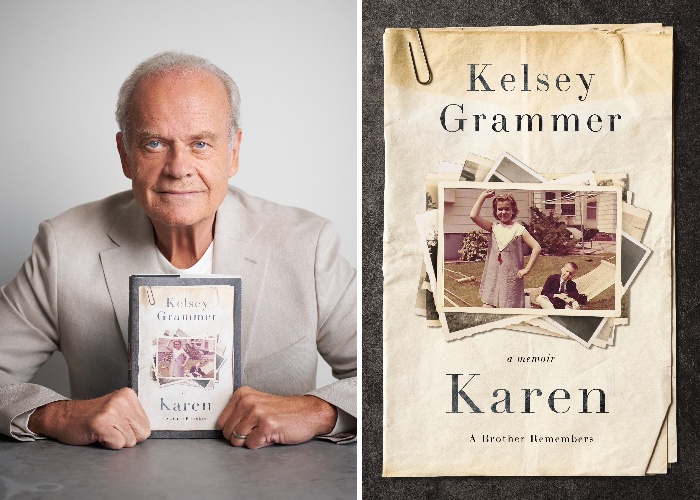






















![What Is Generative Engine Optimization [Tips & Workflows To Do It]](https://moz.com/images/blog/banners/What-Is-Generative-Engine-Optimization-Tips-Workflows-To-Do-It-1.png?auto=compress,format&fit=crop&dm=1745607929&s=6f75f1f02c531af0f80acb12517c8bab#)

















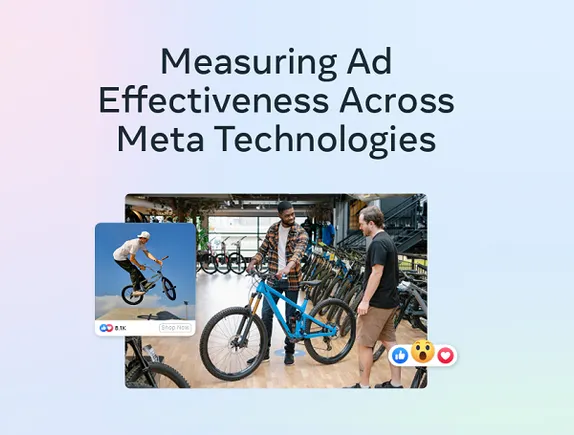
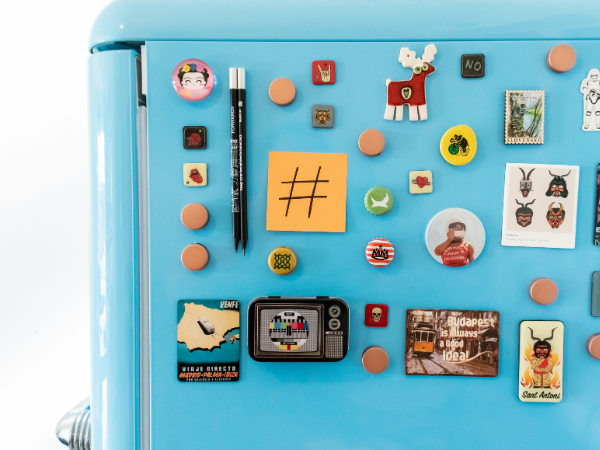








![Social media image sizes for all networks [May 2025]](https://blog.hootsuite.com/wp-content/uploads/2023/01/Social-Media-Image-Sizes-2023.png)

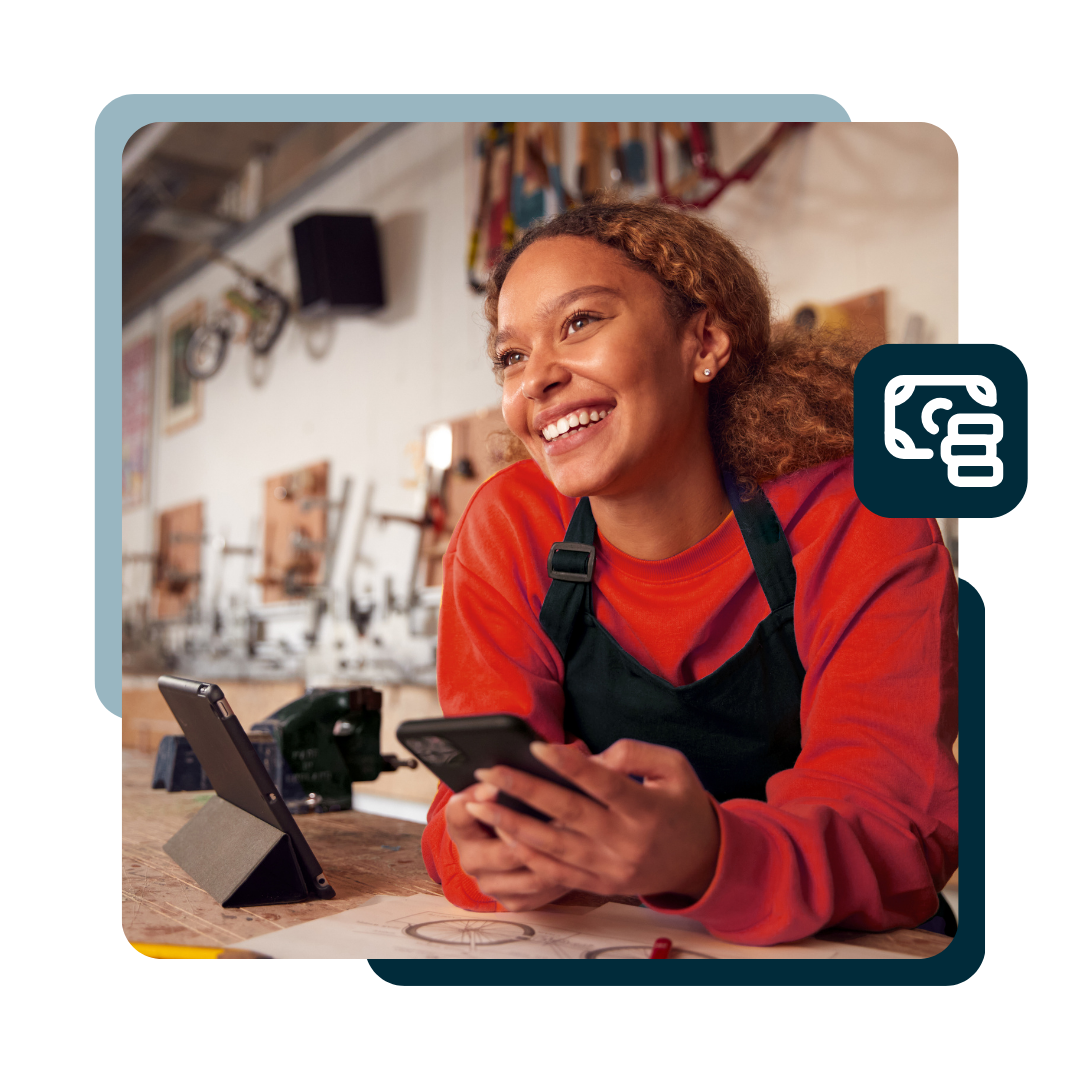


![The fastest growing social media platforms of 2025 [new data]](https://53.fs1.hubspotusercontent-na1.net/hubfs/53/fastest-growing-social-media-platforms.jpg)











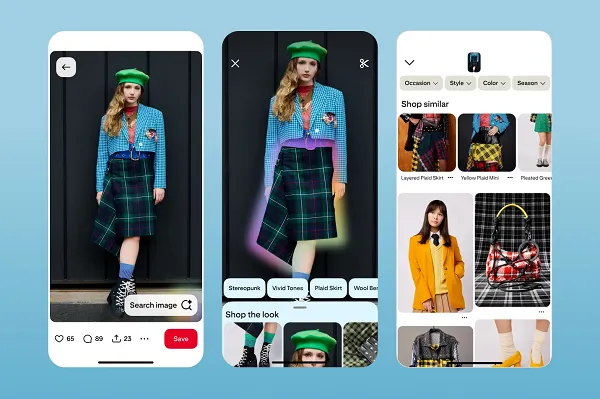


![Download Now: Free State of Marketing Report [Updated for 2024]](https://no-cache.hubspot.com/cta/default/53/db725f24-564c-483b-a28c-2d6ff9986516.png)




